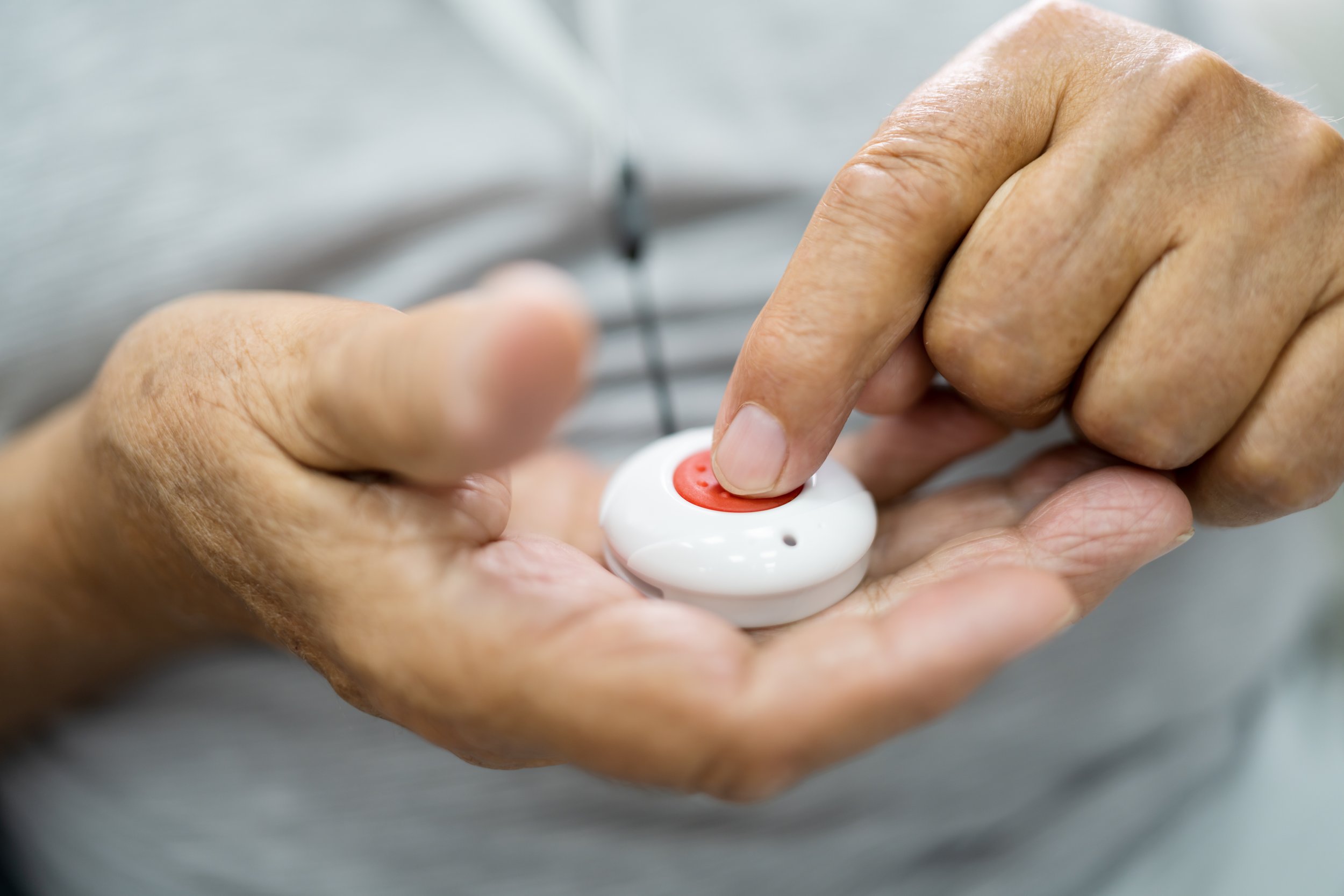Medicare Scam Alert: Emergency Call Buttons
Scammers often claim to be calling from Medicare or a well-known medical product company.
We’ve all seen the ads for emergency alert buttons: devices that alert a caregiver or family member when we need help right away. For many older people and their families, emergency alert systems offer additional peace of mind and security worth paying for.
The problem is that scammers are happy to exploit our desire to keep ourselves or a loved one safe.
One of the biggest Medicare telemarketing scams involves fraudulent offers for emergency or medical alert devices. In this scam, a pre-recorded caller offers the listener a deal on an emergency alert system. The recording explains how the device will protect you or a loved one in the case of a medical or other emergency. The recording may tell you installation of the expensive alert system is free and you’ll be charged only a small monthly fee.
You’ll then be prompted to press a button to be transferred to a customer service agent for verification. Only, it’s not verification the caller is looking for; it’s your personal ID information or Medicare number.
This scam is effective because many real companies use pre-recorded calls where the listener is transferred to a customer service agent to complete the order. So, how is the average Medicare beneficiary supposed to know if a telemarketing call is real or a scam?
The answer is, always err on the side of caution. If someone you don’t know calls and asks for your Medicare number or social security number, hang up and call Medicare back at their official number.
Also, make sure you get on the Federal Do Not Call Registry. If you are on the Do Not Call list and are still receiving sales calls, those calls are likely from scammers. In other words, be very suspicious of any telemarketing calls that get through.
Scammers often claim to be from real companies or organizations and may use names such as the Medicare Helpline, First Alert, Life Alert, or another brand you are familiar with. Never take a telemarketer’s claims at face value. Hang up and call back the company in question at their official number.
Another giveaway that the call is a scam is if the customer service representative refuses to give you a physical address for the company. A legitimate company will always be happy to provide you with their physical address or other identifying information.
When in doubt, ask the caller to send you the information in writing. If they claim that isn’t possible, hang up – it’s a scam. As a rule, never give out your personal or bank information, Medicare number, social security number, or credit card information to someone over the phone. And remember, Medicare will never call you and ask you to verify your Medicare number.
Just remember the old saying: if something sounds too good to be true, it probably is.
If you or someone you love was targeted by a Medicare scam, email Vermont Senior Medicare Patrol at [email protected] or call 802-229-4731.


.jpeg)